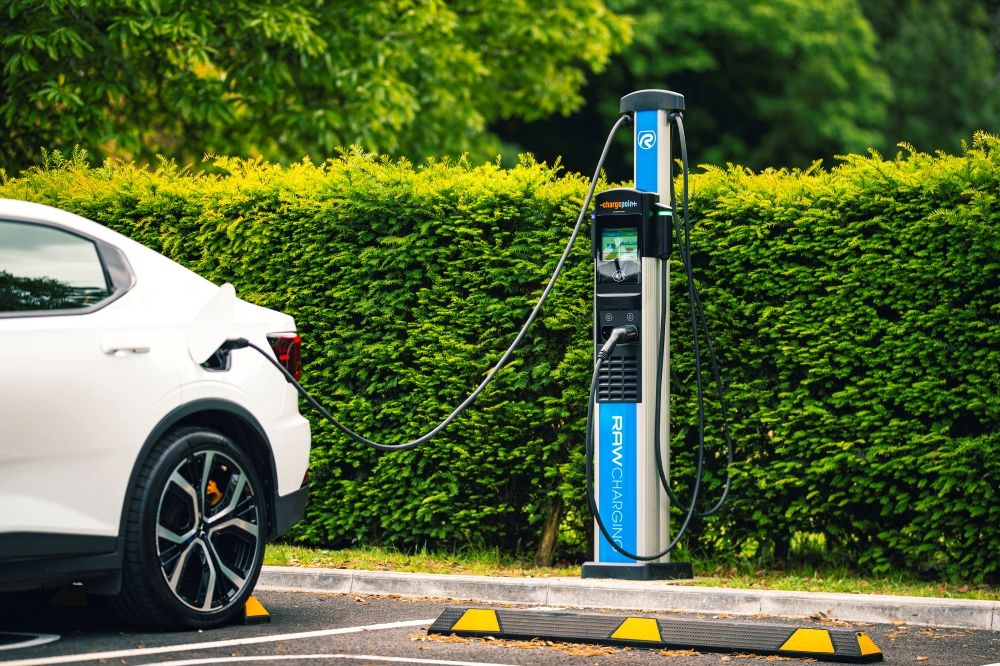Power management firm Eaton is calling for bidirectional electric vehicle charging between buildings and the grid to be integrated more quickly into Britain’s electricity supply network because it could enable homeowners to offset the costs of charging their EVs significantly.
Analysis conducted for Eaton by management consultancy, Baringa Partners, showed that using bidirectional EV chargers, together with renewable energy generated from assets such as rooftop solar panels, could save the typical homeowner in the region of £1,000 per year, which is approximately 90% of the average annual cost of charging a mid-sized family car.
The main barrier to achieving this is that vehicle-to-grid charging is not yet widely possible, either in the UK or much of mainland Europe, which is holding up investment in the technologies that support it. Additionally, only a few EV models are capable of bidirectional charging at present.
Bidirectional chargers enable homeowners to feed energy into the grid as well as receive it, and this provides them with energy flexibility. It allows them to reduce energy costs by storing off-peak energy in an EV battery to use either in their home when energy is more expensive (vehicle-to-home) or sell back to the grid when demand peaks (vehicle-to-grid).
Ryan Thomson, Power & Low Carbons Solutions Partner at Baringa Partners, summarised the findings of the study: “Enabling EV and charge point asset owners to access flexibility services will accelerate the energy transition. Both residential and commercial customers can access significant savings, with most benefit for those who can leverage onsite renewables and storage solutions.”
Siobahn Meikle, Managing Director, Eaton UK & Ireland, explaining the system benefits of bidirectional charging, said: “The grid could handle more renewable energy from assets such as commercial windfarms if it were able to pay homeowners to take energy into EV batteries via bidirectional chargers and dispatch it back to the gird to meet peak energy demand.”
She called on the Government to accelerate the integration of vehicle-to-grid charging into the electricity network by reforming the grid codes that govern the technical requirements for connecting to the electricity grid. “This would encourage electricity suppliers and the vehicle industry to develop and market the products householders and businesses need to access cost savings, and the grid would be able to handle larger volumes of renewables,” she said.
“Grid codes giving easy access to the distribution network to EV chargers and other flexible assets, such as solar panels, together with new tariffs and contracts for flexibility, would reflect the real-time value of energy and capacity in the power system, making Britain far more ready for the energy transition away from fossil fuels.”
Businesses, particularly those that run fleets, could benefit similarly from bidirectional charging, and make savings on their energy bills. To see a copy of the report, with a breakdown of the savings that British homeowners and business owners could make, visit this page.
Image: Shutterstock.












